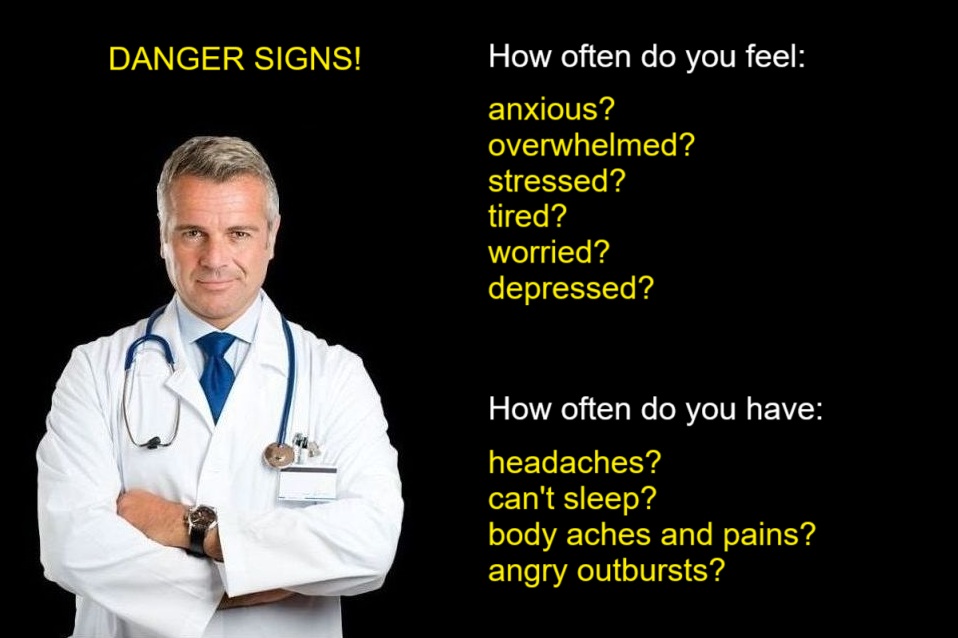In an era where mental sharpness is as coveted as physical fitness, groundbreaking research is shining a spotlight on three unexpected heroes in the quest for cognitive vitality: yoga, Tai Chi, and exergames. These activities, once considered niche or purely recreational, are now hailed as powerful tools to enhance memory, sharpen focus, and fortify brain health across all ages. A comprehensive study published in The British Journal of Sports Medicine in spring 2025 reveals that these exercises deliver remarkable cognitive benefits, offering a fresh perspective on how we can protect our minds in a fast-paced, digitally driven world.
The Science Behind the Brain Boost
The human brain, often likened to a muscle, thrives on stimulation and activity. According to the 2025 umbrella review led by Dr. Ben Singh from the University of South Australia, physical activity—regardless of intensity—can significantly enhance cognitive functions like memory, executive function, and general cognition. This sweeping analysis, which synthesized data from 133 systematic reviews involving 2,724 randomized controlled trials and over 258,000 participants, underscores a universal truth: movement is medicine for the mind. But what sets yoga, Tai Chi, and exergames apart? The answer lies in their unique blend of physical exertion, mental engagement, and emotional balance.
Unlike high-intensity workouts that prioritize sweat and stamina, these activities combine movement with mindfulness, coordination, and cognitive challenges. The study found that moderate-intensity exercises, such as yoga and Tai Chi, were particularly effective for memory and executive functions like problem-solving and decision-making. Meanwhile, exergames—interactive video games that require physical movement—emerged as the top performers for overall cognitive enhancement, especially in children and older adults. “These findings challenge the notion that only intense exercise counts,” Dr. Singh noted. “Even light, engaging activities can reshape your brain’s future.”
Yoga: The Mindful Movement Revolution
Yoga, with its roots in ancient India, has evolved into a global phenomenon, and its cognitive benefits are now backed by robust science. The practice, which combines physical postures, controlled breathing, and meditation, engages multiple brain regions simultaneously. A 2023 study in Exercise and Sport Sciences Reviews found that yoga enhances neuroplasticity—the brain’s ability to form new neural connections—while reducing stress hormones that can impair memory. This dual action makes yoga a powerhouse for cognitive health, particularly for older adults at risk of cognitive decline.
For example, a 60-minute yoga session three times a week can improve attention, processing speed, and decision-making, according to a 2021 review in Complementary Therapies in Medicine. The meditative component of yoga, which encourages mindfulness, may also increase the thickness of the brain’s outer layers, boosting information processing capacity. “Yoga isn’t just about flexibility,” says Sharlyn Green, a certified yoga instructor. “It’s about creating a dialogue between your body and mind, which keeps your brain sharp and resilient.”
In 2025, yoga’s accessibility has skyrocketed, with online platforms like SilverSneakers LIVE offering free classes tailored for seniors, and apps like Peloton expanding their yoga offerings with brain-focused sessions. For beginners, restorative yoga classes, which emphasize slow movements and relaxation, are recommended to minimize injury risk while maximizing cognitive gains. As of June 2025, over 15 million Americans practice yoga regularly, a 20% increase from 2020, reflecting its growing role in holistic wellness.
Tai Chi: The Gentle Art of Mental Clarity
Tai Chi, often described as “meditation in motion,” is a Chinese martial art that emphasizes slow, deliberate movements and deep breathing. Its cognitive benefits are profound, particularly for memory and attention. A 2019 study in Nature revealed that Tai Chi increases blood oxygen levels in the brain, enhancing connectivity between the prefrontal cortex, motor cortex, and occipital cortex—key regions for decision-making, movement, and visual processing. This makes it an ideal practice for older adults, stroke survivors, and those with neurodegenerative conditions.
Dr. Helen Lavretsky, a psychiatrist at UCLA Health, has been studying Tai Chi’s effects for over 15 years. Her 2023 implementation trial across major health systems, including UCLA and Tufts University, found that practicing Tai Chi three times a week for 20 to 60 minutes can improve mental clarity and reduce stress. “The structured sequences, like the Yang or Chen styles, require memorization, which acts like a workout for the brain,” she explains. Group classes further amplify these benefits by fostering social connections, which are critical for cognitive health.
In 2025, Tai Chi is gaining traction in community centers and healthcare settings. Programs like Body & Brain Yoga Tai Chi, with over 100 locations nationwide, report a 30% surge in enrollment since 2023, driven by growing awareness of its brain-boosting potential. For those new to the practice, seated Tai Chi classes offer a low-impact entry point, particularly for individuals with mobility issues.
Exergames: Where Fun Meets Brainpower
Perhaps the most surprising star of the study is exergames—video games that require physical activity, such as Nintendo’s Ring Fit Adventure or VR-based fitness apps. These games blend physical movement with cognitive challenges like pattern recognition, quick decision-making, and multitasking. The 2023 Journal of Global Health review found that exergames deliver the most significant cognitive benefits across all age groups, particularly for memory and general cognition. “You’re reacting to stimuli, solving puzzles, and moving your body all at once,” says Dr. Clifford Segil, a neurologist at Providence Saint John’s Health Center. “This multitasking sharpens your brain like nothing else.”
Exergames are especially appealing to younger generations and older adults who may find traditional exercise monotonous. In 2025, the global exergaming market is projected to reach $1.2 billion, with platforms like Meta Quest 3 introducing brain-focused fitness games that use AI to adapt challenges to the user’s cognitive and physical abilities. Schools are also adopting exergames to enhance focus in children with ADHD, with a 2025 pilot program in California reporting a 15% improvement in attention spans among participants after 12 weeks.
Why These Exercises Matter Now
The urgency to prioritize brain health has never been greater. With cognitive decline and neurodegenerative diseases like Alzheimer’s affecting over 50 million people globally in 2025, accessible strategies like yoga, Tai Chi, and exergames offer hope. The CDC reports that 1 in 9 adults over 45 experience subjective cognitive decline, and the Alzheimer’s Association projects a 14% increase in dementia cases by 2030. These statistics underscore the need for proactive measures that are both effective and scalable.�FAC0
Unlike expensive pharmacological interventions, these exercises are low-cost and widely accessible. The British Journal of Sports Medicine study found that just 12 weeks of regular practice can yield noticeable cognitive improvements, making these activities a practical solution for busy individuals. “You don’t need to overhaul your life,” says Professor Carol Maher, a senior researcher on the study. “Small, consistent bursts of activity can make a big difference.”
Getting Started: Tips for Success
For those eager to boost their brain health, experts recommend starting small and prioritizing consistency. Here’s how to begin:
- Yoga: Start with 10-15 minute sessions of gentle or restorative yoga, available on platforms like YouTube or SilverSneakers LIVE. Focus on poses like Child’s Pose or Cat-Cow to engage both body and mind.
- Tai Chi: Join a local class or follow online tutorials from organizations like Body & Brain Yoga Tai Chi. Practice the 24-form Yang style for a beginner-friendly introduction.
- Exergames: Invest in a gaming console like Nintendo Switch or a VR headset. Games like Just Dance or Beat Saber offer fun, cognitively stimulating workouts.
Safety is key, especially for older adults or those with health conditions. Consult a doctor before starting, and opt for guided classes to ensure proper form. Community centers and apps like FitOn offer free or low-cost sessions, making these activities more accessible than ever in 2025.
A New Era of Brain Health
As the world grapples with rising mental health challenges, yoga, Tai Chi, and exergames are emerging as game-changers in the fight for cognitive wellness. These activities prove that brain health doesn’t require grueling workouts or expensive treatments—just a commitment to move, engage, and enjoy. Whether you’re flowing through a yoga sequence, practicing Tai Chi in a park, or battling virtual foes in an exergame, you’re not just exercising your body—you’re investing in a sharper, more resilient mind.












